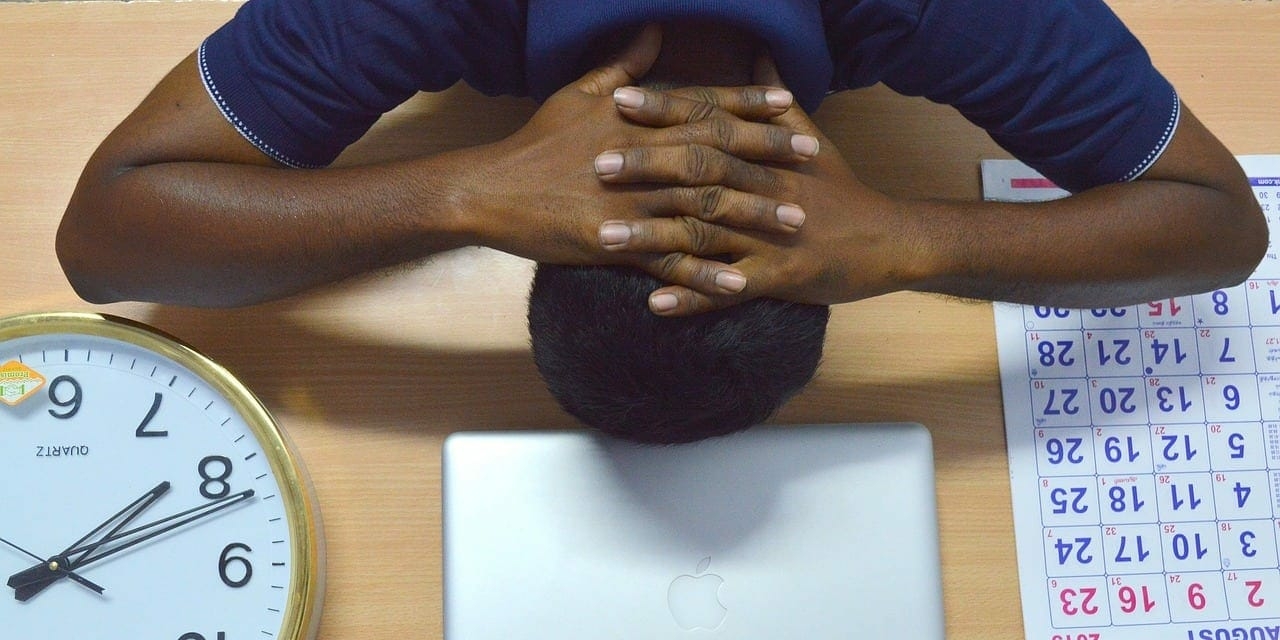Should I Stop Praying 40 Days After Eating Something Haram?
Answered by Shaykh Abdurragmaan Khan
Question: Assalam alaykum,
Should I stop praying 40 days after eating something Haram? I think there is a hadith about this!
Answer: Wa alaykum salam
The Prophetic traditions regarding the non-acceptance of the worship of an individual who consumes haram, drinks wine, visits soothsayers, the run away slave or disobedient wife etc, in NO way suggests that the person should leave worship altogether.
In his Mirqat, Mula Ali Qari quoted Imam al-Nawawi saying, “every act of worship has two considerations. The first is the execution of the divine request and the other is the attainment of reward. He [the Prophet (Blessings and peace be upon him)] referred to the non-attainment of reward when he said that their prayers will not be accepted.”
Ibn Rajab and similarly ibn al-Qayyim divided acceptance into three categories. The highest category being (1) the acceptance of pleasure and love. This is when Allah boasts to His angels about the good deeds of His servants. The second category is (2) the acceptance of reward and recompense, while the third category is (3) the acceptance that only saves the individual from punishment. This third category means that while the individual may have executed his duty and saved himself from punishment, he does not necessarily earn reward or pleasure from Allah. The one who is guilty of the above mentioned crimes, falls into this category.
Thus it becomes clear, that the one who has consumed haram, must continue praying. In addition, he should feel remorse for his disobedience to Allah and return to Him in repentance. The doors of repentance are open to all. In Surah al-Nisa, Allah Most High said, “Indeed, Allah does not forgive association with Him, but He forgives what is less than that for whom He wills.”
And Allah knows best
Wassalam
[Shaykh] Abdurragmaan Khan
Shaykh Abdurragmaan received ijazah ’ammah from various luminaries, including but not restricted to: Habib Umar ibn Hafiz—a personality who affected him greatly and who has changed his relationship with Allah, Maulana Yusuf Karaan—the former Mufti of Cape Town; Habib ‘Ali al-Mashhur—the current Mufti of Tarim; Habib ‘Umar al-Jaylani—the Shafi‘i Mufti of Makkah; Sayyid Ahmad bin Abi Bakr al-Hibshi; Habib Kadhim as-Saqqaf; Shaykh Mahmud Sa’id Mamduh; Maulana Abdul Hafiz al-Makki; Shaykh Ala ad-Din al-Afghani; Maulana Fazlur Rahman al-Azami and Shaykh Yahya al-Gawthani amongst others.
